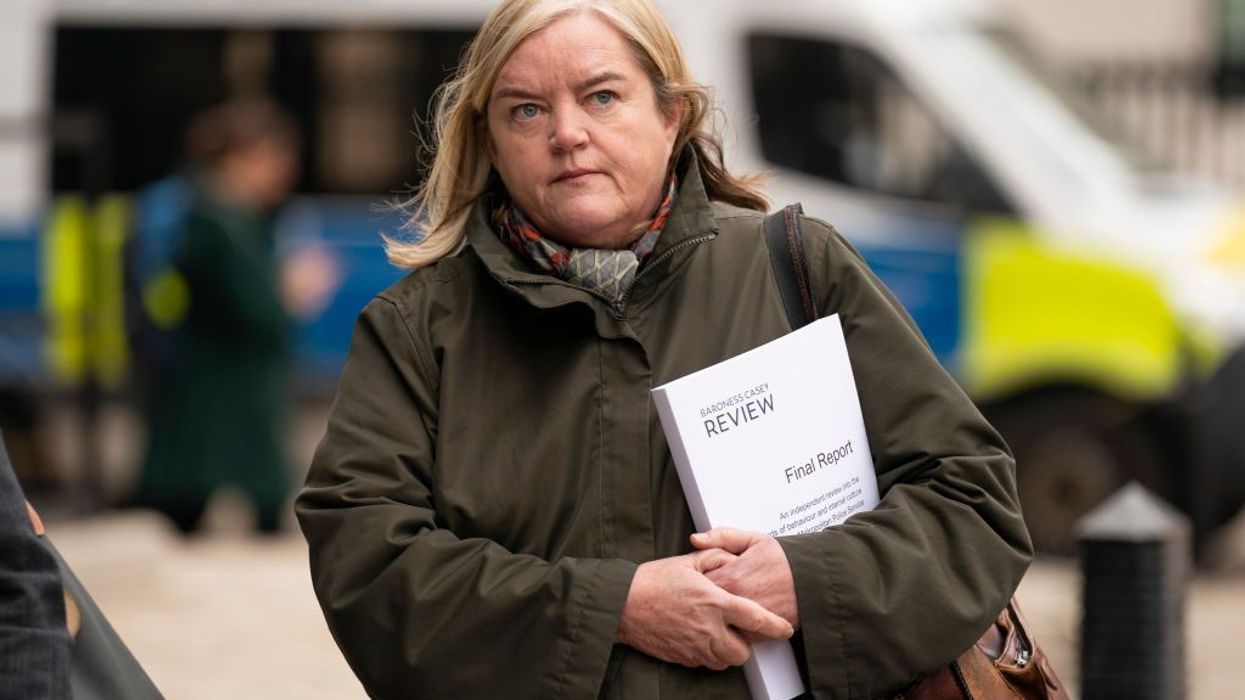Baroness Louise Casey was appointed by the commissioner of the Metropolitan Police in February 2022 and was asked to lead an independent review into culture and standards of behaviour.
This was in response to the grave levels of public concern following the kidnap, rape and murder of Sarah Everard by serving Metropolitan Police officer Wayne Couzens, and a series of other deeply troubling incidents.
But since then, another officer, David Carrick, was also jailed for life for dozens of rapes and sexual assaults stretching back two decades, and several other Met scandals have emerged.
Over the last year, the review has carried out a rigorous independent analysis – both quantitative and qualitative – alongside a wide-ranging series of listening events and consultations both inside and outside of the Met.
Casey's findings come nearly 25 years after the Macpherson Report, which probed Met failures after the murder of black teenager Stephen Lawrence in 1993, also found the force institutionally racist and recommended dozens of reforms.
Major shortcomings highlighted in the report
- The Met is failing women and children
- After a decade of austerity, frontline policing has been deprioritised and degraded
- There is institutional racism, sexism and homophobia, inside the organisation in terms of how officers and staff are treated, and outside the organisation in terms of how communities are policed
- And it is unable to police itself
Recommendations of the review
- Better protect women and children with a dedicated women’s protection service; introducing a new children’s strategy; and re-instating sexual and domestic abuse services as specialist functions.
- Re-invest in and reprioritise frontline policing by restoring visible neighbourhood policing; giving a higher status to frontline work; and creating stronger local leadership.
- Take rapid steps to end discrimination internally in its recruitment, development and promotion processes, and in its internal misconduct system; and externally by policing all communities equally including with a reset of Stop and Search.
- Clean itself up by bringing in an independent team to run its misconduct system; introducing higher vetting standards and new end to end processes that stop those who are intent on abusing their position as police officers; tackling toxic cultures with clearer statements of standards for all and tougher enforcement of them; and disbanding and reforming ‘dark corner’ units where some of the worst behaviours have been found and officers are equipped to carry lethal firearms.
- Improve its leadership and accountability with a new policing board for London led by the Mayor; and a new policing deal for Londoners that acknowledges historic mistakes and prioritises securing the consent of the public to police them.





